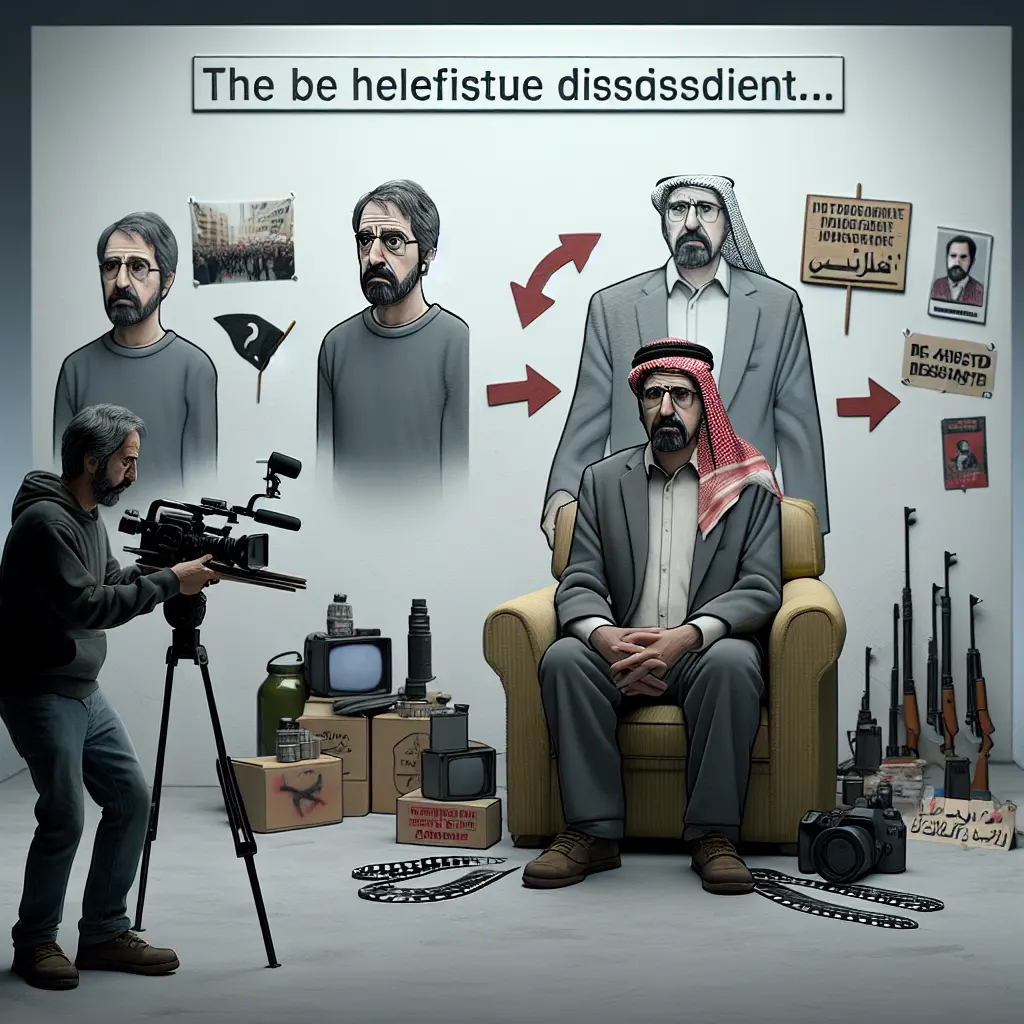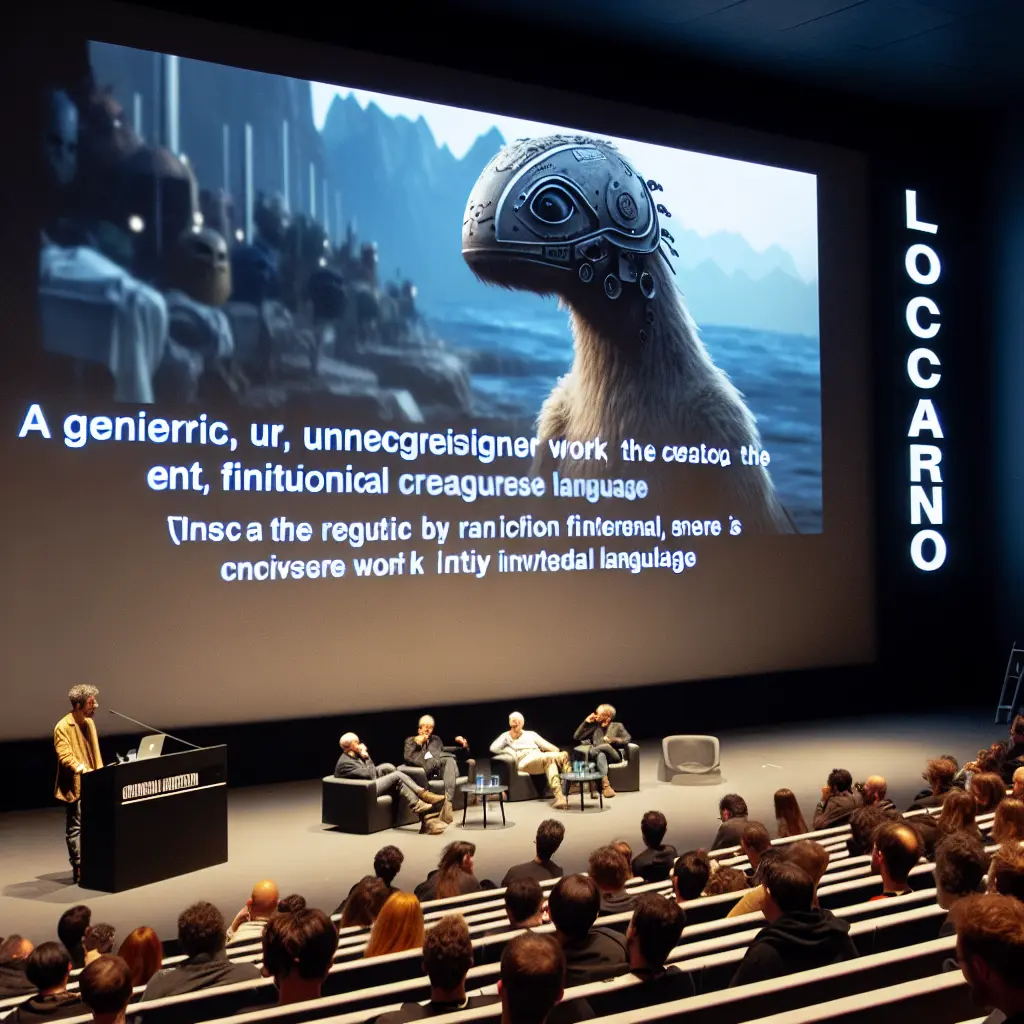Documentaries have the power to inspire change, challenge perceptions, and transform lives, as exemplified by Louis Theroux's documentary on America's most hated family.
In 2007, British filmmaker Louis Theroux released a provocative documentary titled "The Most Hated Family in America." The film took viewers inside the controversial Westboro Baptist Church in Kansas, renowned for its inflammatory views and protests. Among the church's members was Megan Phelps-Roper, whose journey since the documentary has become a compelling testament to the transformative impact of documentary filmmaking.
The Story Unfolds
Megan Phelps-Roper was born into the Westboro Baptist Church, a religious group infamous for its extreme ideologies. Growing up in such an environment, Megan became one of the faces of the church, participating in its notorious pickets and protests. However, her story took an unexpected turn years after the documentary aired.
Breaking Away: Inspired by interactions on social media and questioning her long-held beliefs, Megan eventually left the church. This decision marked a significant turning point in her life, leading her to abandon the world she once knew and start anew.
The Impact of Documentaries
New Beginnings: Since leaving the church, Megan has dedicated her life to spreading messages of tolerance and understanding. Her transformation from a fervent advocate of hate to a proponent of empathy underscores the power of personal growth and change.
Documentaries like Theroux's serve as a mirror to society, reflecting truths that often remain hidden from the public eye. They provide a platform for voices that might otherwise go unheard and have the potential to:
Raise Awareness: By shining a light on controversial subjects, documentaries can educate viewers about issues they may be unaware of.
Encourage Dialogue: Thought-provoking documentaries often spark conversations, encouraging people to discuss and debate important topics.
Foster Empathy
Foster Empathy: By presenting stories from multiple perspectives, documentaries can help viewers develop a deeper understanding of others' experiences.
Inspire Change: As seen with Megan's story, documentaries can catalyze personal and societal transformation.
Megan Phelps-Roper's journey from a member of "America's most hated family" to an advocate for change illustrates the profound influence documentaries can have. Her story is a powerful reminder that transformation is possible even in the most unlikely circumstances. Documentaries like Theroux's not only challenge our perceptions but also inspire us to re-evaluate our own beliefs and actions.
For more on this remarkable story, you can read about Megan Phelps-Roper's transformation here.
Thank you for joining me in exploring the incredible ways documentaries continue to shape our world. Until next time, keep questioning, keep learning, and let the power of storytelling inspire your journey.





_netflix_documentary.webp)



Leave a Comment